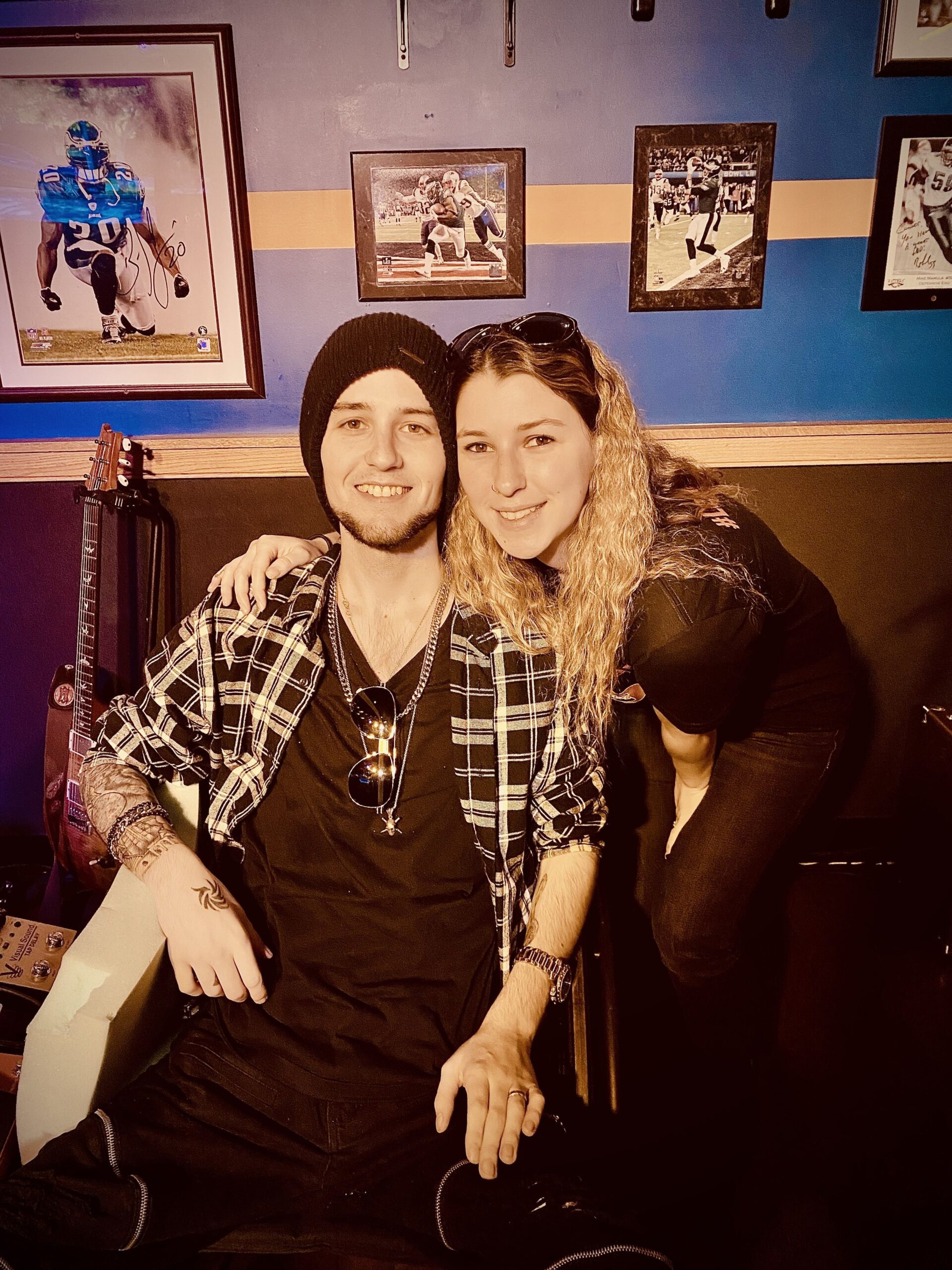Brain Tumor Awareness Month is a good opportunity to bring brain tumors of all kinds to the forefront of the public mind, and educate people about the realities of dealing with this not-so-rare disease type. One oft-overlooked aspect of dealing with a life-changing diagnosis like brain cancer is the financial havoc it can wreak on families. Brittany and Troy are just one example of this unseen struggle.
Most newly-weds dream of things like starting a family, home ownership, and paying off student debt. Maybe they move across the country so one or the other can pursue their dream career or continue their education.
Brittany and Troy’s story looks a little different. They relocated across the country not for their careers, education, or to be near family. They moved from Pennsylvania to Stanford, California, so that Troy, at 27 years old, could undergo treatment at a children’s hospital for a rare and aggressive brain tumor.
They had been married for just over a year before Troy’s diagnosis. After receiving the diagnosis, Troy underwent radiation and they began looking into treatment options. Thankfully, Troy was eligible to begin CAR-T Cell Therapy, an experimental treatment that has seen great success in leukemia patients and encouraging early successes in brain tumor patients. But even though CAR-T Cell Therapy offered a glimmer of hope, they were still in for a brutal journey of symptoms and scares.
On top of dealing with a DMG diagnosis, Brittany and Troy are facing other harsh realities as a result of Troy’s diagnosis. As soon as he received the diagnosis, Troy lost his job and Brittany quit hers to become his full-time caretaker. DMG patients lose their mobility as a result of the tumor’s position in the brain, and Troy was no different. Dealing with symptoms around the clock as well as navigating these mobility challenges means that Troy requires constant monitoring and assistance.
Now, not only is this couple financially drained by costly travel and treatment, they have no income to offset the dire fiscal consequences of a cancer diagnosis. When we first talked to Brittany, she was skipping meals to make sure they still had a place to stay near Stanford. Luckily, we were able to provide Brittany and Troy with a check to help offset some of their expenses through our Noah’s Gifts Program. Amanda also helped Brittany find other resources for financial assistance through other charities.
Your donations, volunteer hours, and support are what provides travel reimbursement checks to people like Brittany and Troy – and unfortunately, there are more people stepping into their shoes every day. May is Brain Tumor Awareness Month, and you can make a difference. Here is a list of small things you can do this month to have a big impact on patients with brain tumors and their caretakers.
– Dine in – save the money you would have spent on meals out this month, and donate it to a charity or event that benefits brain tumor patients.
– Donate gift cards for national/regional food chains or gas stations – these are a huge help for families spending time away from home for their patient’s treatment.
– Offer help to a family in your community that is undergoing treatment. Even if you can’t spare any money, you can still walk their dog, cut the grass, wash the car… all those day to day tasks still have to be done, but they may not have the time or energy to do them.
Amplify the message on social media. When you see an awareness or fundraising post, comment on it and share it. That’s the best way to make sure it gets seen by lots of people.
There are so many ways you can help – don’t be afraid to think outside the box! Even the smallest practical gestures, like offering to walk the dog or dropping off a meal, can make a huge difference for a family that has so much on their plate. Take some time this week to think through how you can take action for the people in your community that are facing a brain cancer diagnosis – and then do it!

